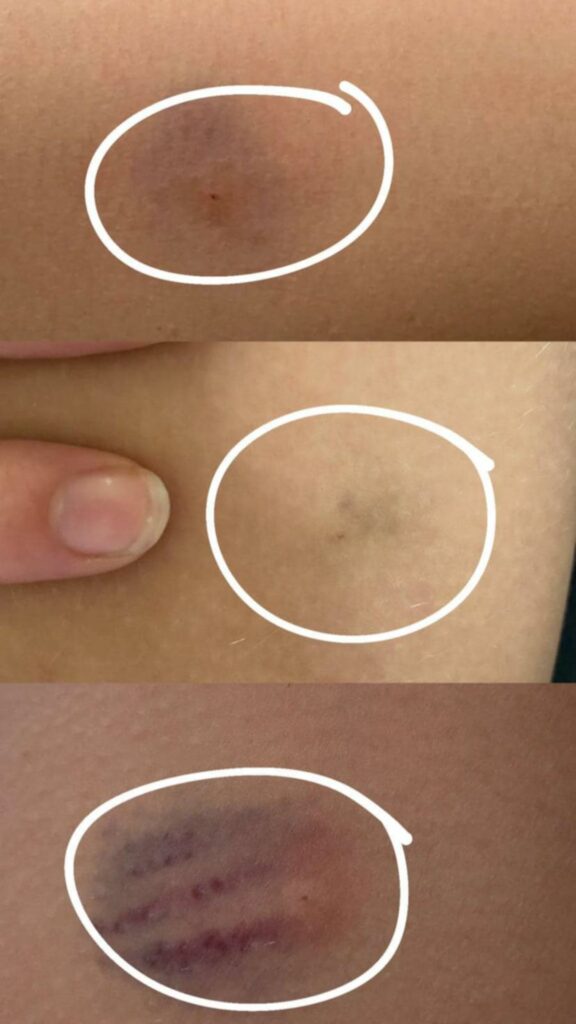Needle spiking is where predatory men inject a young woman with a disabling drug using a very fine needle, in order to make them more vulnerable to sexual assault. A couple of weeks ago I wrote a piece on the recent rise in drink spiking cases. Now, a Newcastle incident forewarns of a more sinister take on this dangerous trend – ‘needle spiking’.
For most people, the first time they heard the term ‘needle spiking’ might have been in November, following the Astroworld tragedy. Travis Scott’s concert was labelled a ‘mass casualty event’ by authorities after ten attendees died, and others were seriously injured.
A security guard working the event claimed he fell unconscious after feeling a needle in his neck. Despite Houston Police later backtracking and saying the guard was struck in the head, needle spiking is a phenomenon on the rise. More and more young women are waking up with memory loss and bruised needle marks after a night out.
So what exactly is it?
Similarly to drink spiking, needle spiking is a crime wherein an individual is injected with drugs, often similar to ‘roofies’, without their consent. Just as with drink spiking, symptoms can often be confused with drunkenness, but can also include amnesia, breathing difficulties, and hallucinations. And of course, the victim will find needle marks on their body or bruising near injection sites.
Officials like Dante Sorianello, a special agent in San Antonio, have called needle spiking “a real European phenomenon”, but NSW has since seen its own case. In early December, NSW Police investigated multiple reports of needle spiking in Newcastle.
Several women reported feeling extremely unwell after nights out in Newcastle in the first week of December – all finding needle marks upon waking up the next morning. One woman received treatment in Gosford Hospital, another has to take antiviral medication for weeks and blood tests for 6 months to ensure she did not contract HIV via the spiking.
Sienna Davis, who had attended a venue on King St in Newcastle on December 3rd, later published a Facebook post detailing an assault on her friend. She stated her friend was injected with ‘some sort of roofie in her thigh’, claiming she knew of five other women who had also come forward with such allegations.

A police spokeswoman says police are waiting on toxicology results and have commenced further inquiries into these reports.
English scientists have claimed that needle spiking is very rare and highly unlikely, due to the body’s natural reflex to move away from the pain of a potential injection. They also state that the time it would take to push a syringe plunger down “means the opportunity to inject the significant amount of drug needed to have an effect is limited, but not impossible.”
However, Davis believes these victims are being injected using “some sort of insulin needle or epipen which are very fine needles and are hard to feel.” The UK has seen over 670 reports of needle spiking in the last three months alone.
It’s clear needle spiking is on the rise worldwide. The danger it brings is in many ways greater than that of normal drink spiking – using needles risks transmission of blood-borne diseases like Hepatitis and HIV. “Share this message around with your friends,” asks Sienna Davis, “be safe, we don’t want this happening to any more girls.”
Cover photo by Dennis Klicker on Unsplash.
Follow Maddie’s journalism journey on Twitter.
Sign Up To Our Free Newsletter